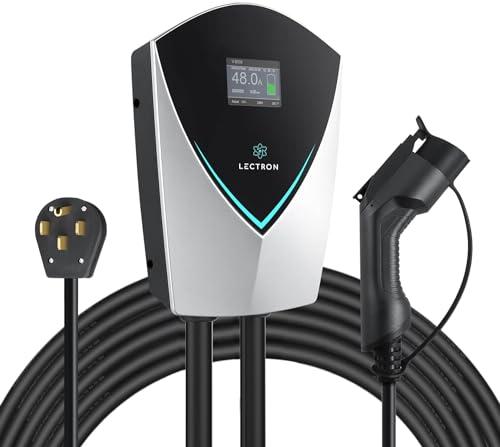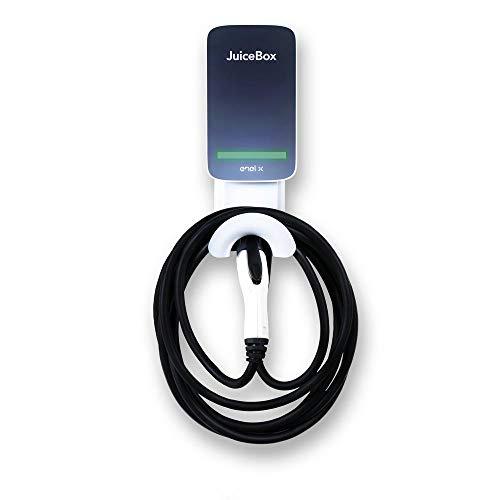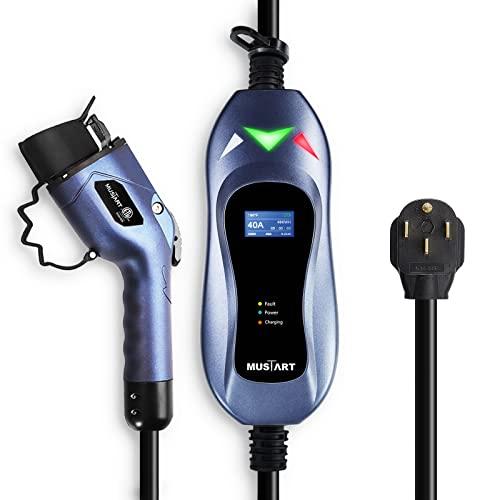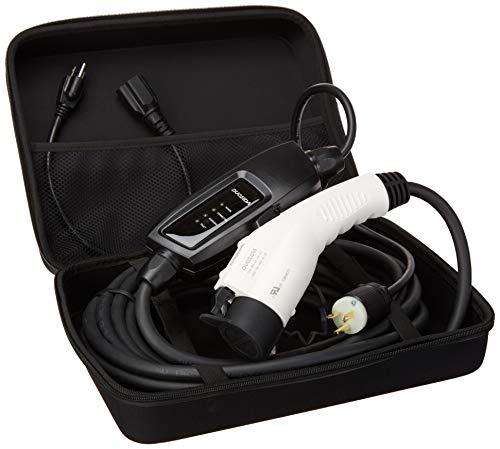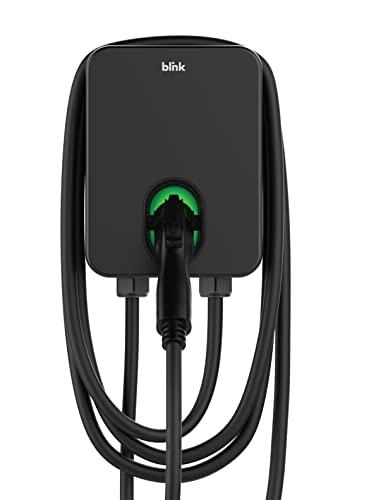Range
Tesla Driving Dynamics and Range
Factors Influencing Tesla's Driving Range
The range on a single charge of an electric car is, of course, an attractive indicator. But in most life situations it will be far from the real value. In this respect, electric cars are inferior to their rivals with internal combustion engines.
The metrics that are taken into account are something an electric car driver should definitely consider.
For an extended range determination, the following are taken into account:
- driving style;
- temperature of the outside air;
- average driving speed.
All three parameters have an equal effect on the remaining range. Different combinations are possible.

Optimizing Your Tesla's Range: Tips and Tricks
Using combinations of modes will not only help to calculate the remaining range on the battery. The driver can simulate his behavior in advance, which will allow him to count on additional mileage traveled in an attempt to reach the point of recharging.
How else can you increase your Tesla's range? Reduce aerodynamic drag. Remove trunks from the roof when not in use. Reduce unnecessary load.
Real-world Tesla Range Scenarios
A few typical examples. For calculation, let's take an average electric car (78 kW×h) with a range of 250 miles (400 km).
We will give the change of index for 5 variants of electric car exploitation:
1. Unnatural "economy". Air temperature 68 °F (20 ° C), rational driver control mode, the average speed - 30 miles per hour (50 km / h), without unnecessary delays. The output is 443 miles (713 km), which is almost twice as far. But it is hardly possible to call such a trip enjoyable.
2. A short out-of-town trip. The temperature is 50 °F (10 ° C) in a rational driving mode. Average speed was "raised" to 50 miles per hour (80 km/h). The resulting mileage was 272 miles (437 km). The "commute to work and back" cycle will allow several days without recharging.
3. A long-distance trip in the summer. Normal driving style is combined with an average speed of 60 mph (100 km/h) and a temperature of 68 °F (20 °C). The range drops to 208 miles (336 km). As the speed increases, the duration of the trip decreases.
4. "In a Hot City". On streets with red-hot air and active steering, the electric car will not get more than 155 miles (250 km).
5. Winter driving. At an average highway speed of 45 miles per hour (70 km/h) and -4 °F (-20 ° C), the same 150 miles (240-250 km) with reasonable behavior of the driver.
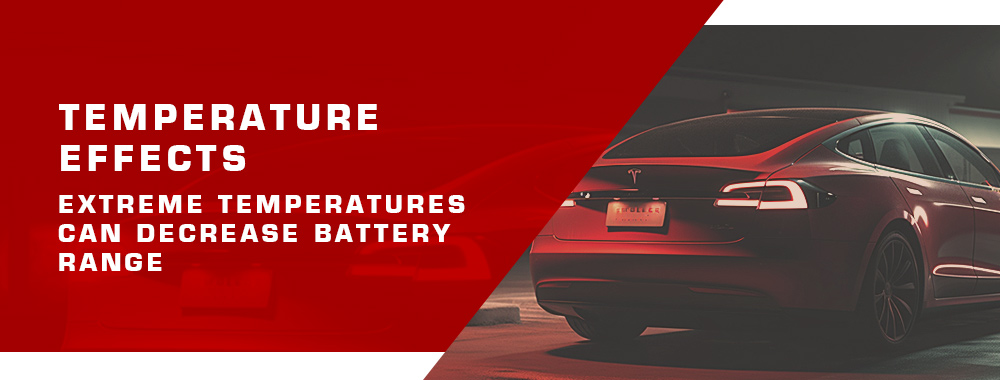
Understanding Electric Car Batteries
Evolution of Tesla's Battery Technology
The first Tesla electric cars were equipped with batteries with a capacity of 60 kWh or more. A few years later, manufacturers developed batteries with a capacity of more than 100.0 kWh.
Some car manufacturers offer owners the full capacity of the battery pack without caring about extending their battery life.
Collaborations and Partnerships in Battery Development
Tesla Motors is working closely with LG Chem, Panasonic and CATL to ensure the efficiency of the battery cells and thereby maximize the range of electric cars.
Future of Electric Car Batteries
With the rapid advancements in technology, the future of electric car batteries looks promising. Innovations in solid-state batteries, faster charging technologies, and the integration of renewable energy sources are expected to revolutionize the electric vehicle industry. Tesla, being at the forefront of this evolution, is likely to play a pivotal role in shaping the future of sustainable transportation.
Engine Efficiency and Tesla Mileage
Correlation Between Engine Efficiency and Range
Tesla batteries are getting bigger and more powerful, but at the same time cars are getting more efficient. Automakers are striving to make engines more efficient so that their cars last longer. According to experts, increasing engine efficiency by one point increases a car's range by two points.
Advancements in Tesla's Engine Technology
Over the years, Tesla has made significant improvements in its engine technology. The introduction of the heat pump in the Model Y, for instance, has improved the car's efficiency, especially in colder climates. Furthermore, Tesla's continuous software updates often bring improvements in energy consumption, optimizing the vehicle's performance and range.
Maximizing Efficiency for Optimal Range
Maximizing the efficiency of a Tesla involves a combination of regular maintenance, software updates, and mindful driving habits. Regular tire checks, ensuring optimal tire pressure, and using energy-saving modes can also contribute to achieving the best possible range.
Maximizing Your Tesla's Potential Range
Manufacturer's Stated Range vs. Real-world Range
About 1.8 times the manufacturer's stated number of miles when driven slowly, but that trip may not be particularly pleasant. You can see the manufacturer's projected mileage data for each model in this Tesla range calculator.

Driving Habits and Their Impact on Range
Tesla range is determined by two main factors. It's your driving style and environmental conditions. Tesla software analyzes your driving style and gives you a personal estimate of your range. The software can also predict the need for recharging.
Environmental Factors and Tesla Range
Temperature range is -4°F (-20°C) to +104°F (+40°C). Low and extremely high temperatures are equally detrimental to battery performance.
Tesla Charging Solutions and Mileage
Home Charging vs. Supercharging: What's the Difference?
Do you need to know how far your Tesla will go after getting charged in 15 minutes? If you're recharging your car in the garage at a home charging station or on the Supercharger network, the Tesla Range Calculator will come in handy.
Charging Rates for Different Tesla Models
| Home | Supercharger 150kW DC | |
|---|---|---|
| Tesla Model Y Long Range RWD • 25 kWh/100 mi | 240 mi | 240 mi |
| Tesla Model X Long Range • 28 kWh/100 mi | 286 mi | 286 mi |
| Tesla Model 3 Long Range AWD • 23 kWh/100 mi | 174 mi | 174 mi |
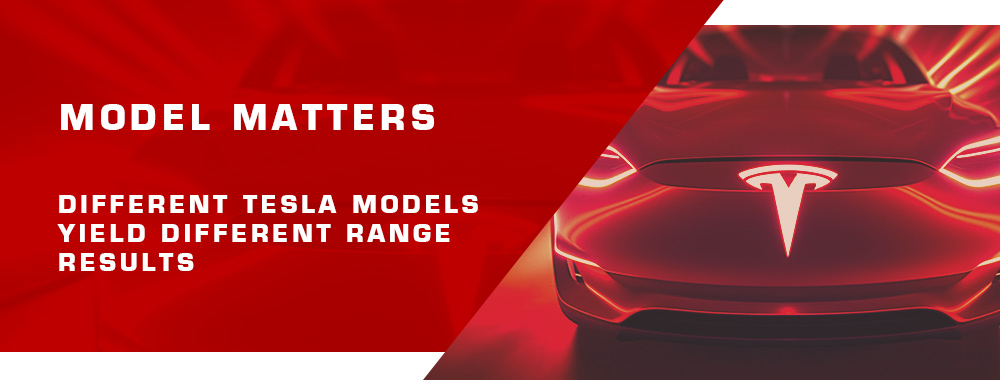
Optimizing Charging for Extended Range
Optimizing the charging process can significantly impact the range of a Tesla. Using Tesla's scheduled charging feature can help in drawing power during off-peak hours, reducing costs and strain on the grid. Additionally, avoiding charging the battery to 100% unless necessary can prolong battery health and optimize range.
Additional Tips for Enhancing Tesla Range
Aerodynamics and Its Role in Range
Aerodynamics plays a crucial role in the efficiency and range of electric vehicles. Tesla's sleek design minimizes air resistance, allowing the car to move more efficiently. Features like retractable door handles and a flat undercarriage contribute to the car's aerodynamic efficiency.
Reducing Unnecessary Load for Better Mileage
How else can you increase your Tesla's range? Reduce aerodynamic drag. Remove trunks from the roof when not in use. Reduce unnecessary load.
Software Insights: Tesla's Personalized Range Estimations
Tesla software analyzes your driving style and gives you a personal estimate of your range. The software can also predict the need for recharging.
Comparative Analysis: Tesla vs. Other Electric Cars
Battery Capacity: Tesla vs. Competitors
Most Tesla, Chevrolet, Nissan, and Jaguar models offer a range of about 250 miles on a fully charged battery. You will find up-to-date information about the projected number of miles here or in this range calculator.
Engine Efficiency: How Tesla Stands Out
While many electric vehicles offer impressive efficiency, Tesla's proprietary technology and software integration set it apart. The combination of hardware improvements and over-the-air software updates ensures that Tesla vehicles remain at the forefront of efficiency and range.
Charging Infrastructure: Tesla's Edge in the Market
Tesla's Supercharger network is unparalleled in its reach and efficiency. With rapid charging capabilities and widespread locations, Tesla owners have a distinct advantage when it comes to charging convenience and speed.
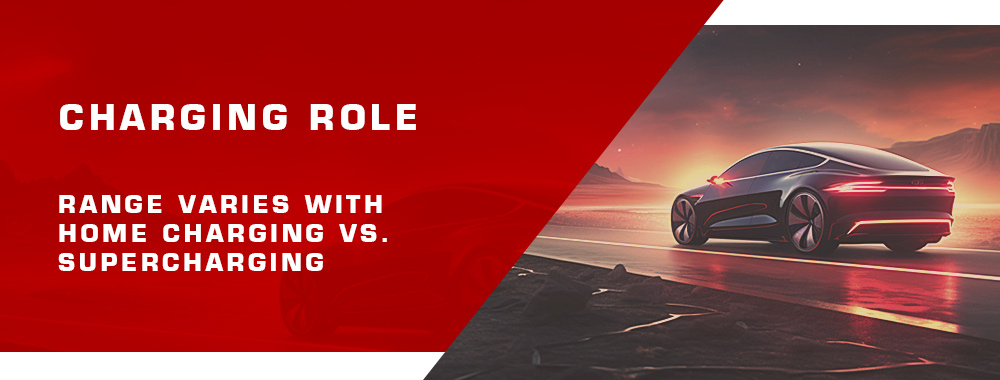
Future of Tesla's Range Innovations
“Innovation distinguishes between a leader and a follower.” - Steve Jobs
Upcoming Technological Advancements
As the electric vehicle industry evolves, Tesla continues to be at the forefront of technological advancements. Recent patents and research collaborations hint at breakthroughs in battery chemistry and design. With the aim to achieve longer ranges without increasing the battery size, Tesla is exploring solid-state batteries and new electrode materials.
Consumer Expectations and Tesla's Response
Consumer demand for longer range and faster charging is evident. Recognizing this, Tesla has consistently rolled out over-the-air software updates to optimize energy consumption. Moreover, the introduction of the V3 Supercharger, capable of charging at rates up to 250kW, showcases Tesla's commitment to reducing charging times and enhancing range.2
Global Impact of Tesla's Range Innovations
With a global footprint, Tesla's range innovations are setting industry benchmarks. As countries push for greener transportation solutions, Tesla's advancements in range and efficiency are influencing policy decisions and infrastructure developments worldwide. Their commitment to sustainability and innovation is driving competitors to elevate their offerings, leading to a global ripple effect in the electric vehicle industry.
Did you know?
Tesla's over-the-air software updates can potentially increase the range of the vehicle, making older models more efficient over time!
A Game Changer
By 2030, it's projected that electric vehicles will dominate the roads. With Tesla's continuous range innovations, the future of long-distance electric travel looks promising!
Conclusion
The Tesla Range Calculator is not just a tool but a reflection of Tesla's commitment to transparency and consumer empowerment. As Tesla continues to innovate in vehicle range, the calculator evolves, offering users insights into the potential of their electric vehicles. It bridges the gap between technological advancements and practical user applications, ensuring that Tesla owners are always informed and prepared for their journeys. The future of Tesla's range innovations, combined with tools like the Range Calculator, paints a promising picture for the electric vehicle industry.
